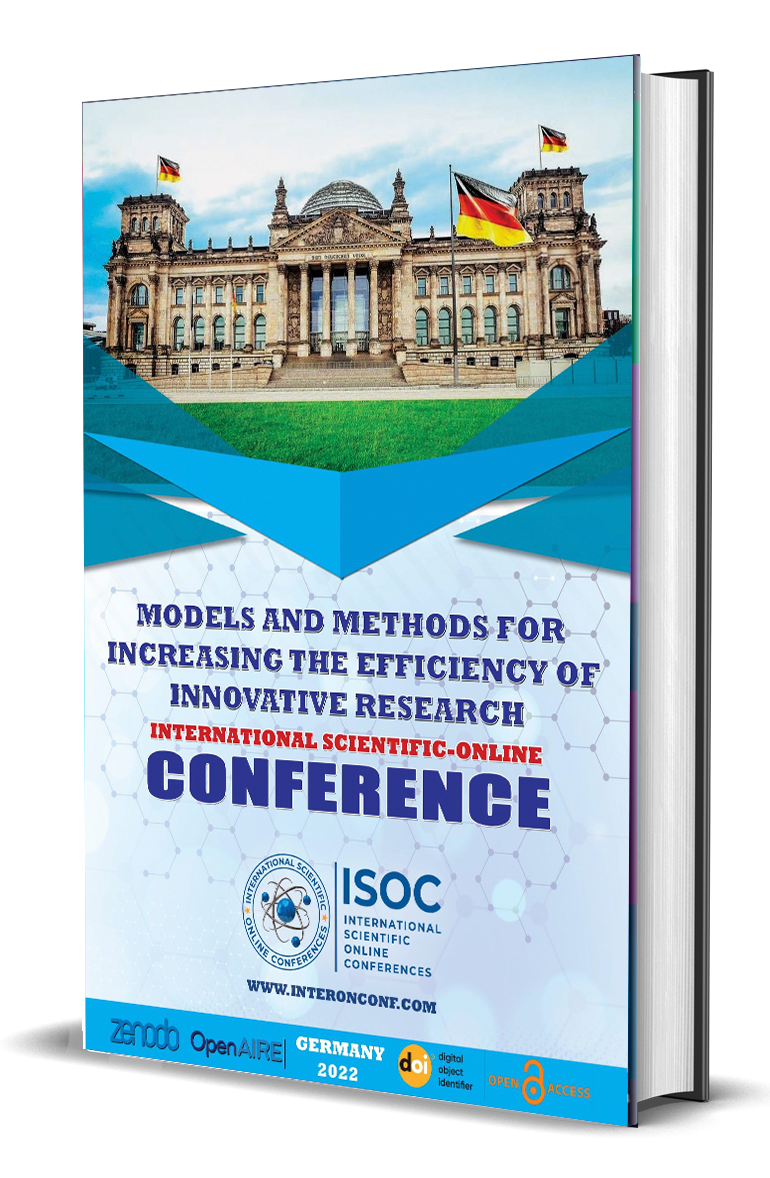METACOGNITIVE STRATEGIES AND THEIR EFFECTIVE APPLICATION IN FOREIGN LANGUAGE TEACHING
Keywords:
metacognition, challenges, solutions, success strategies, second or foreign language, self-monitoringAbstract
This article explores the concept of metacognitive strategies and their relevance in addressing diverse learning styles, as analyzed by renowned scholars and methodologists. It provides a detailed discussion of the challenges associated with various learning styles, along with practical solutions. Learning a second or foreign language is a significant aspect of many people’s lives. Beyond acquiring linguistic skills, it also fosters cognitive development and broadens one’s perspectives. Students often seek efficient ways to excel in language learning, and metacognitive strategies serve as a highly effective tool for achieving progress. Over the years, second-language acquisition has remained a central concern in education, presenting both challenges and opportunities. Among the numerous strategies developed to address these challenges, metacognitive strategies stand out as a crucial approach for enhancing language learning outcomes.
Downloads
References
Chamot, A.U. Children’s learning strategies in immersion classrooms. The modern Language Journal, 83(3)
Flavell(1979) Learning strategies
O’Malley, J.M. A.U Chamot. (1990). Learning strategies in Second Language Acquisition.
Cambridge University Press (1990)
Stern, H (1983). Fundamental Concepts of Language Teaching. Oxford University Press.





